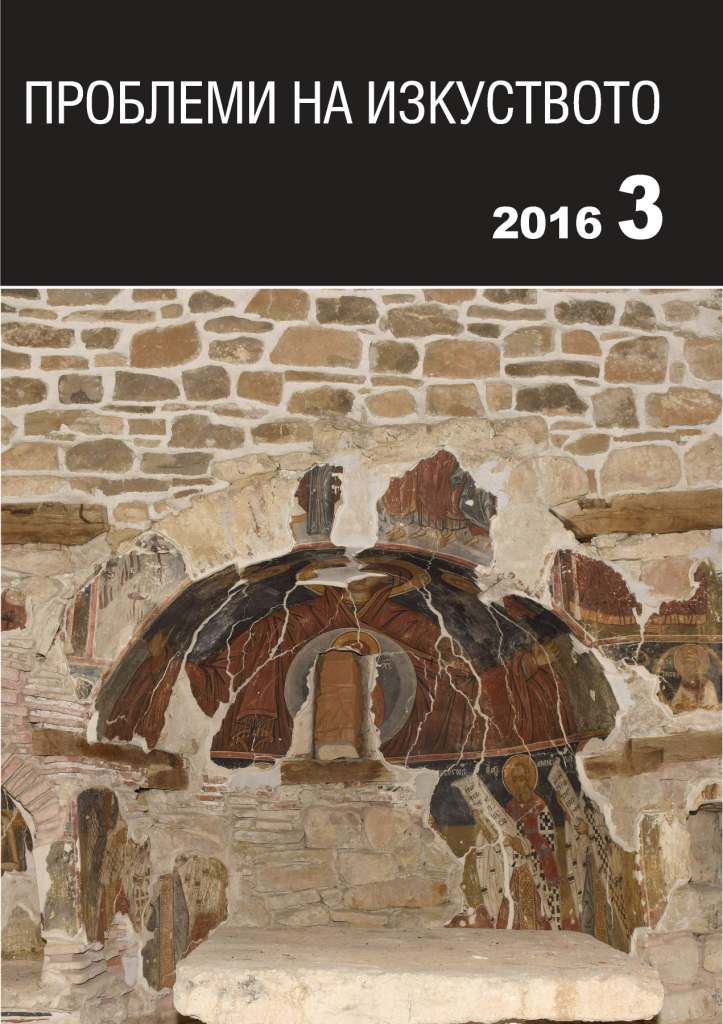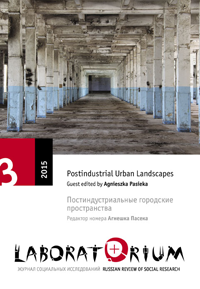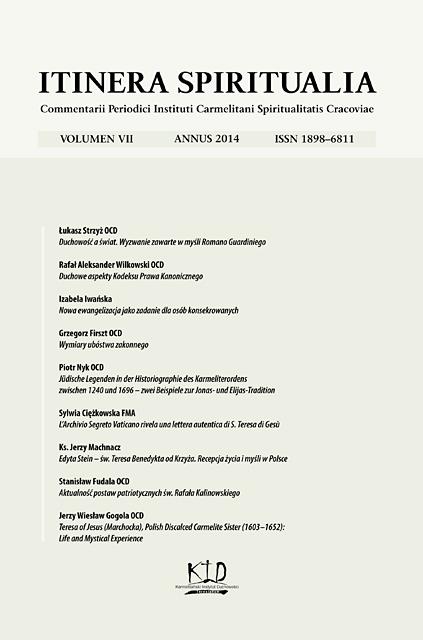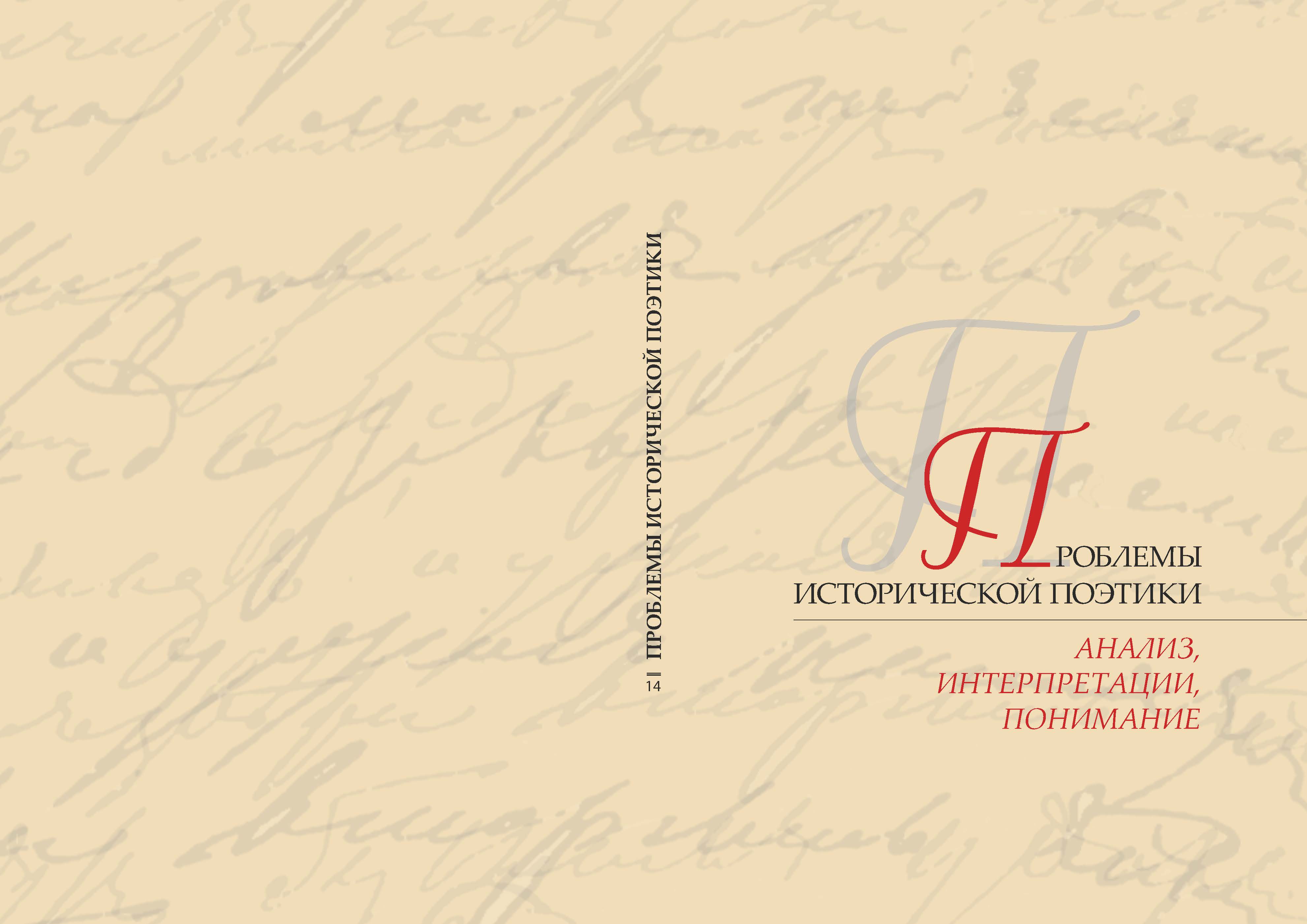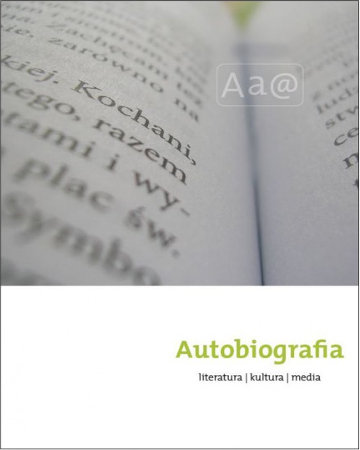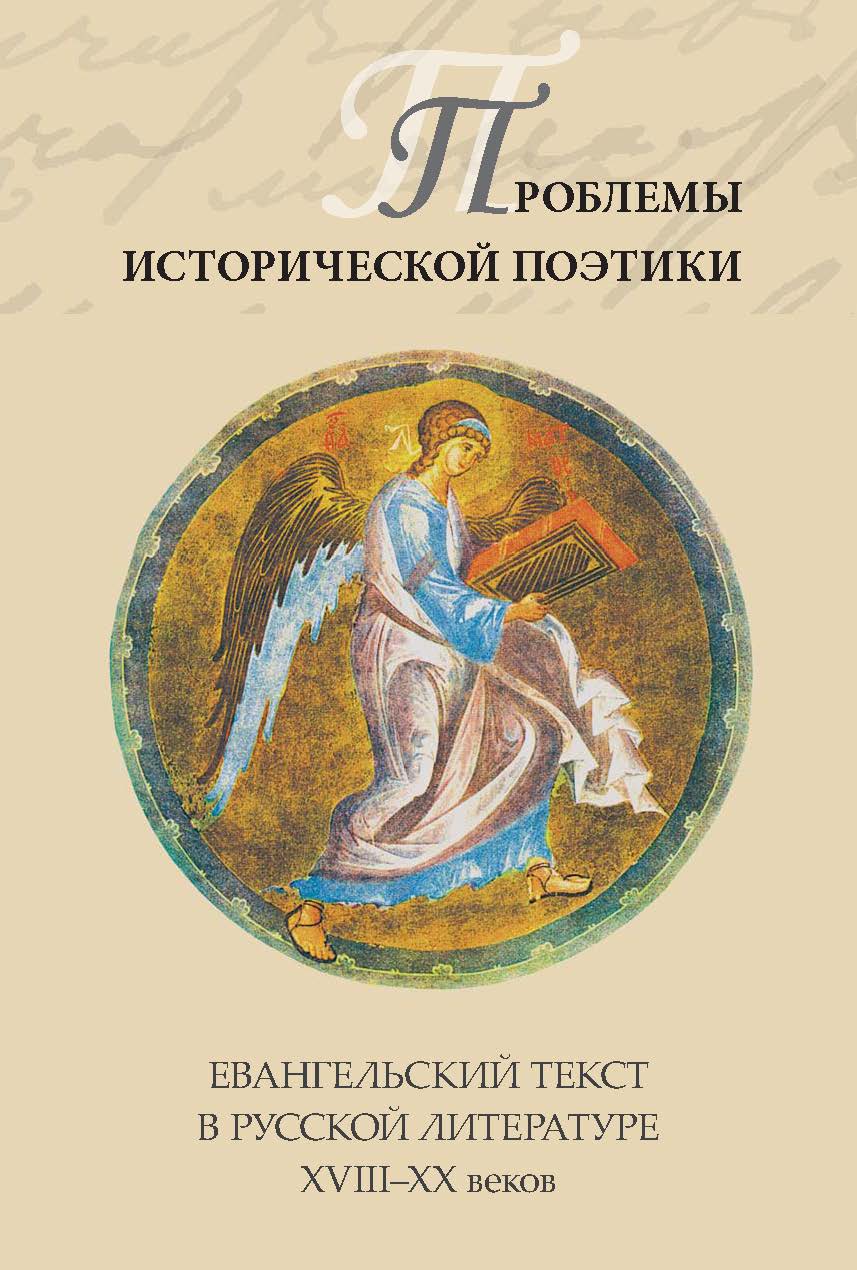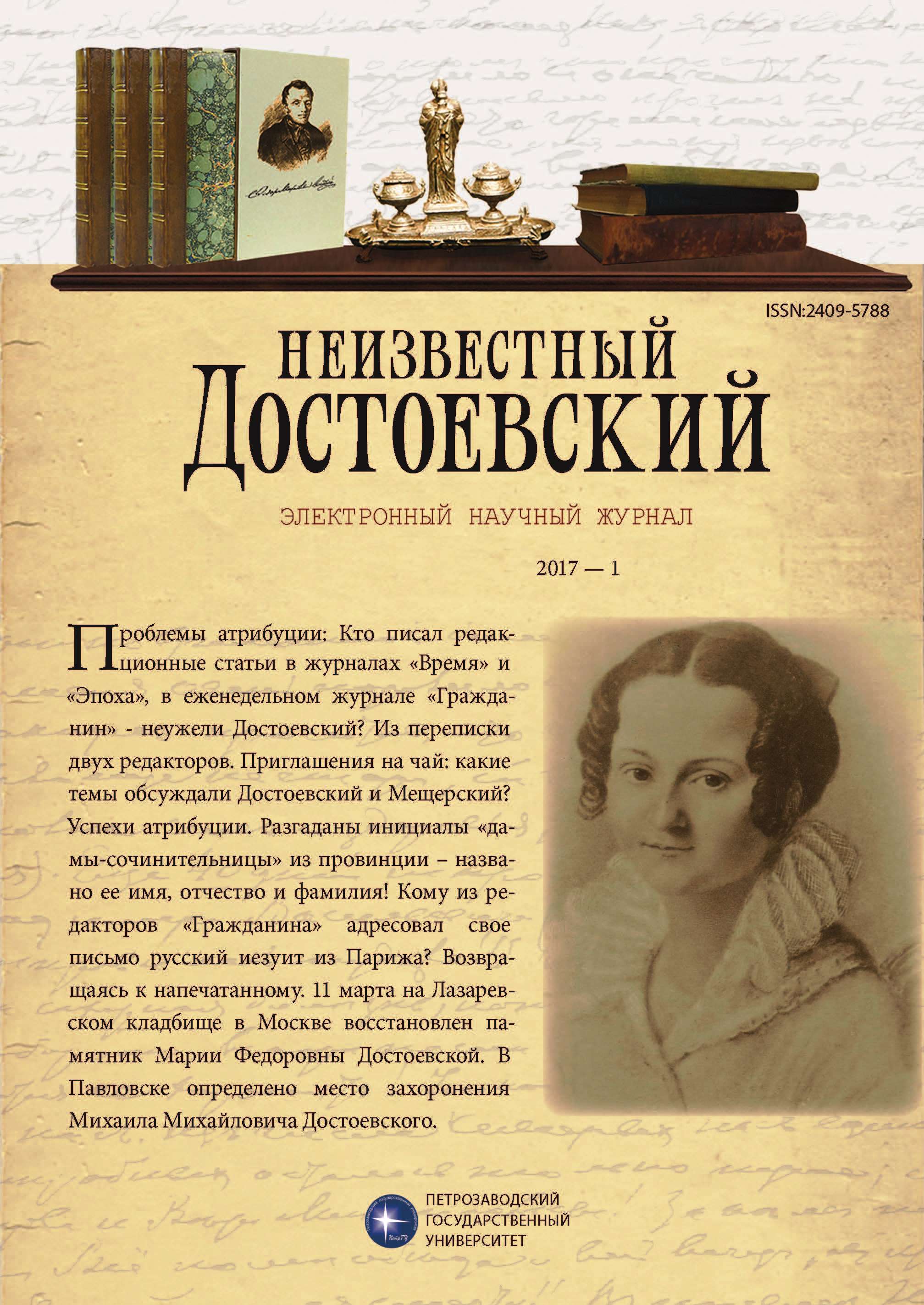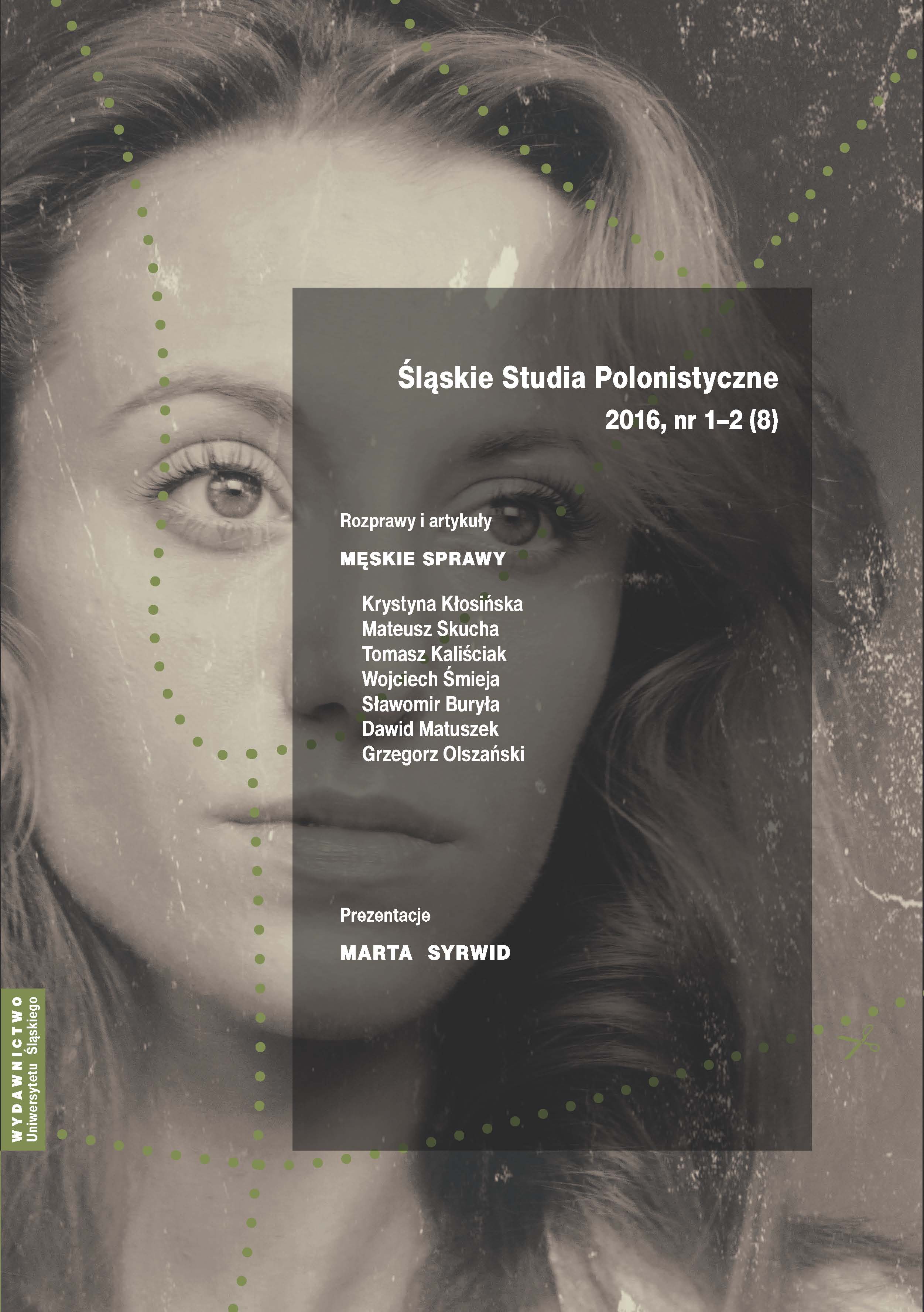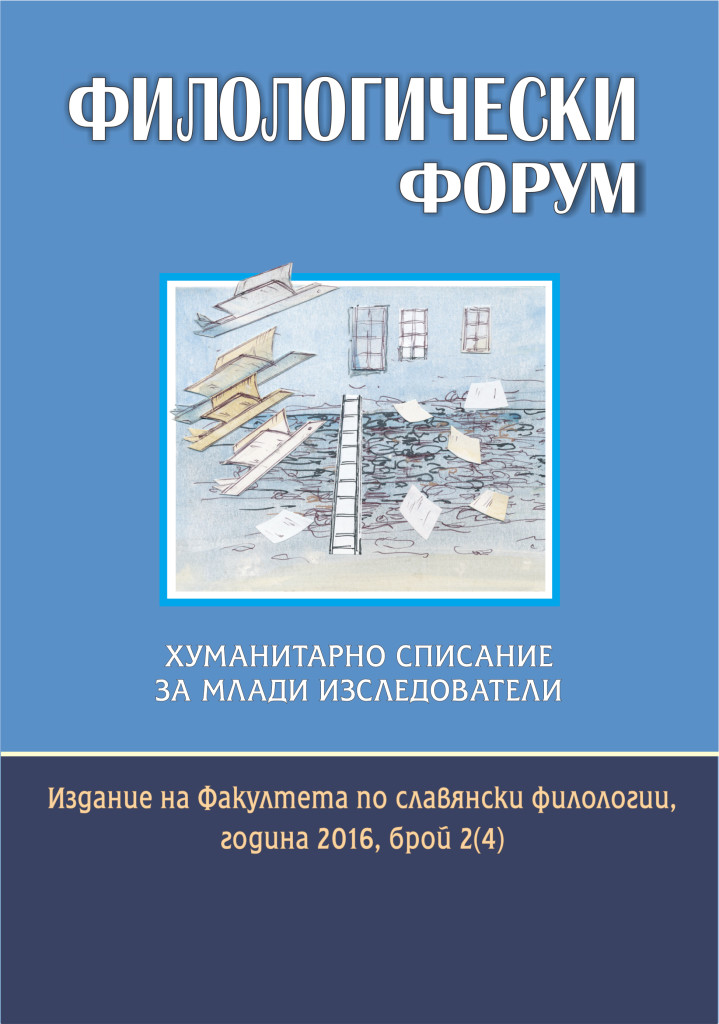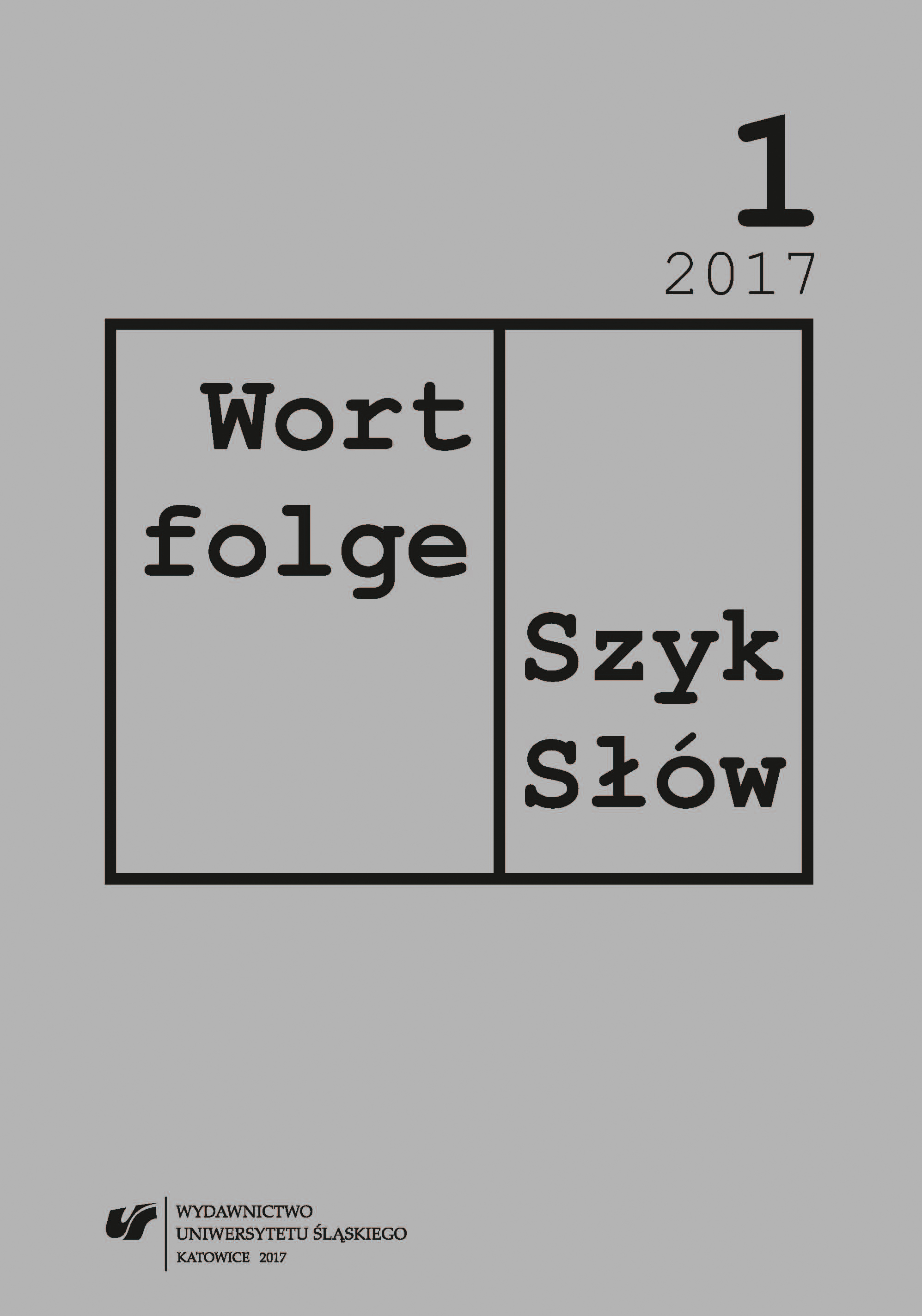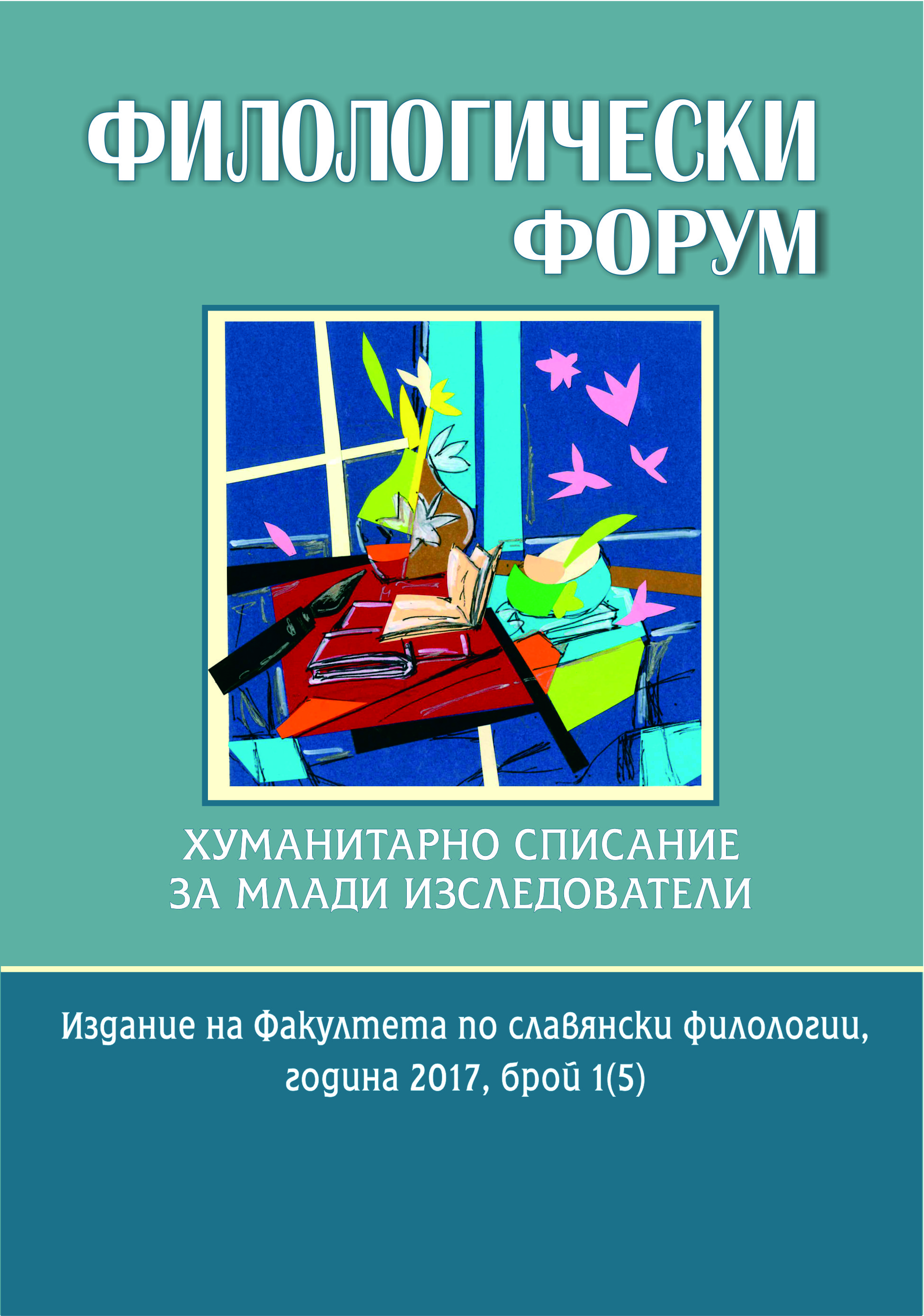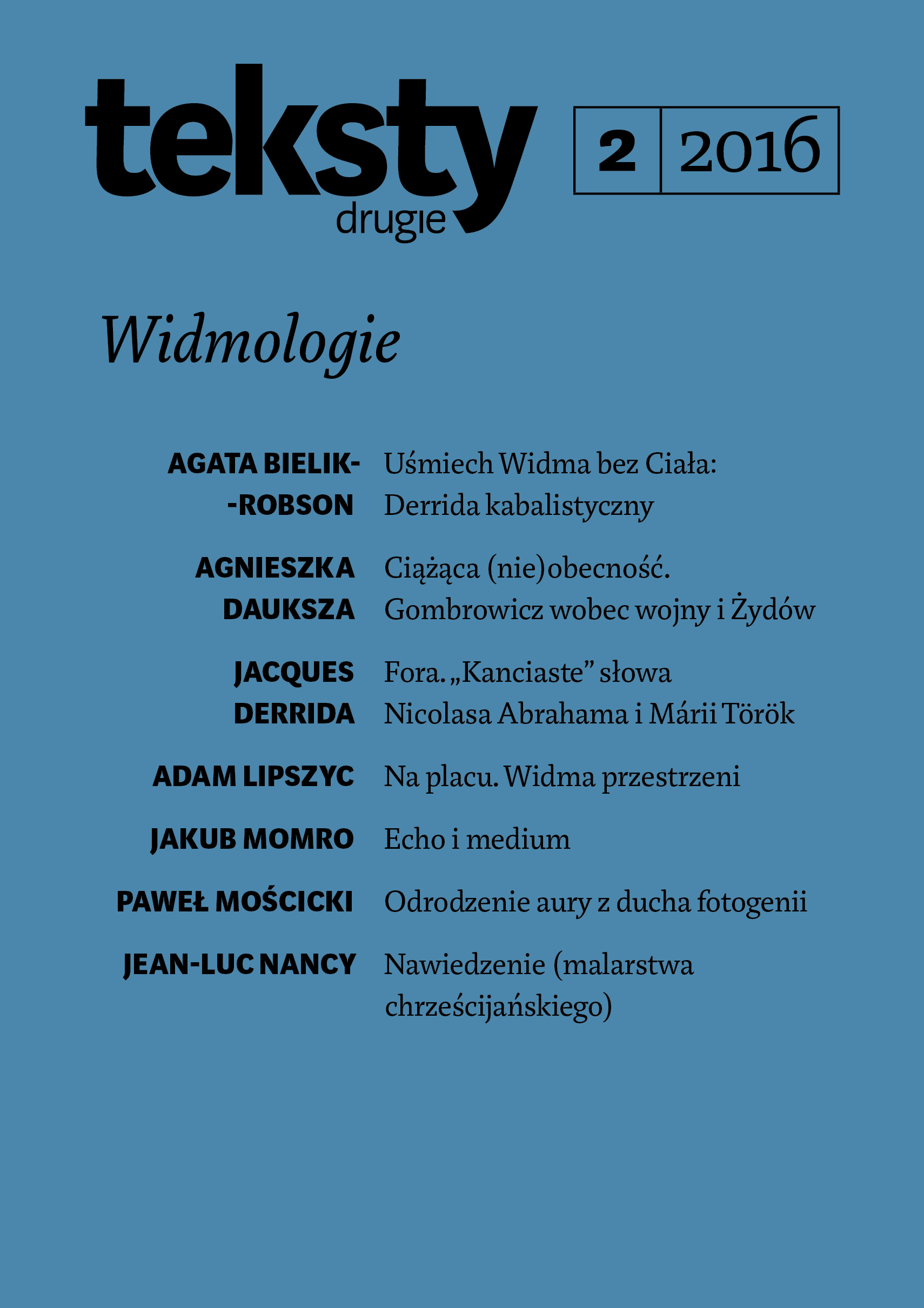
Na placu. Widma przestrzeni
Examining deconstructionist readings of Plato’s philosophy of space, Lipszyc reveals the close relationship between spatiality and spectrality. Space, properly understood, turns out to be a subversive dimension that provides room for phenomena even as it transforms them into apparitions. This statement becomes particularly significant in relation to urban space, which Lipszyc analyses with reference to geography theorists such as Edward Soja and Steve Pile, as well as with reference to the psychoanalytical perspective. This analysis is then complicated in the confrontation with a particular point on the map of Warsaw, namely Plac Grzybowski, a point where spectres are dense, as described in the prose of Miron Białoszewski.
More...
